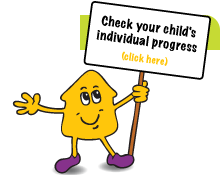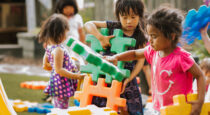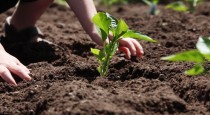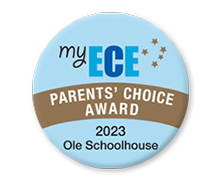Breast Feeding
Breast Feeding
What Science has to Say about the Importance of Breastfeeding and Breastmilk
Breast milk is a major provider of protein, vitamins, minerals and essential fatty acids. Early childhood services need to support breastfeeding because of the risks and costs of introducing other foods and drinks to breastfed babies before six-months, and because of the value of mothers breastfeeding children to age two-years and beyond.
Breastfeeding is associated with enhanced cognitive and intellectual development in children. Breastfeeding assists mother-child bonding and is important for infant social-emotional development. Early childhood services that do not support breastfeeding place infants at an increased risk of diarrhoea, bacterial meningitis, gastrointestinal problems, respiratory illness and glue ear. Glue ear, if recurrent, can lead to hearing loss and poorer educational outcomes for children. Not breastfeeding can increase the risk of SIDS and asthma, and in later life increase the risk of diabetes mellitus. Breastfeeding lowers an infant’s risk of becoming overweight in later years.
Breastfeeding helps to protect the health of infants and toddlers in childcare, for example, research has shown that breastfeeding reduces the number of antibiotic treatments given to children who enter childcare before 2.5 years-of-age.
Breastfeeding also has many benefits for mothers and for families. For mothers, breastfeeding reduces the risks of breast cancer, ovarian cancer and osteoporosis. It can help to reduce maternal stress and is good for a mother’s self-esteem. For families there is no financial cost associated with breast milk and a healthier breastfed child can mean lower family medical costs and fewer sick days for parents.
Premature weaning should not be the outcome of women either choosing or not being able to afford not to use an early childhood service. Early childhood services have an educational, health and social responsibility to ensure effective support for mothers’ breastfeeding their babies at least up to age 12-months but preferably up to 24-months and beyond if mothers desire.







